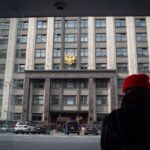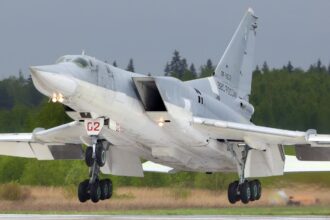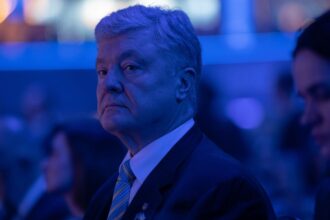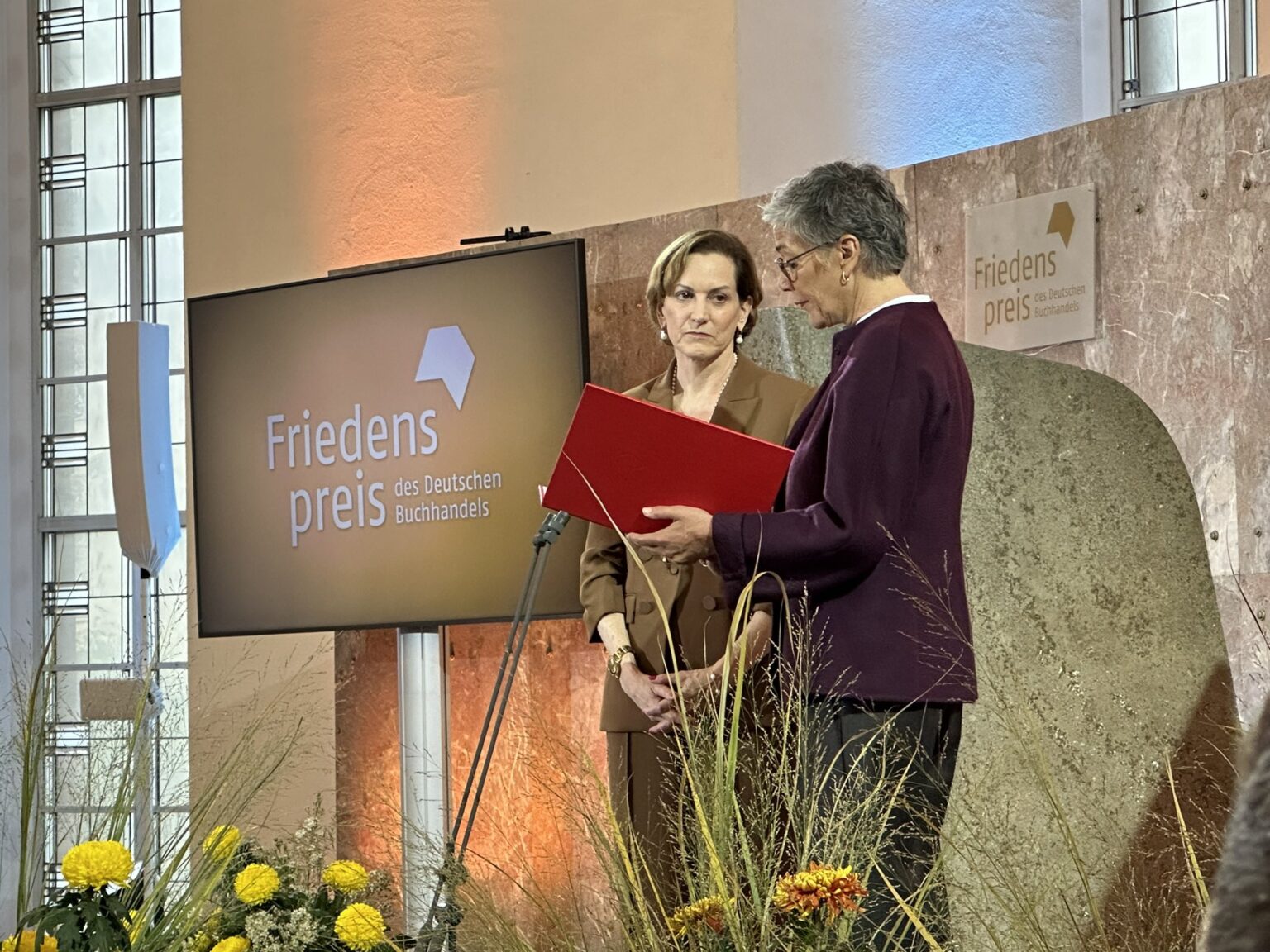The West must seize any chance of ending Russia’s cult-of-violence, just as it did Germany’s.
The German Book Trade Peace Prize was awarded to Anne Applebaum, an American-Polish historian, at the Frankfurt Book Fair on 20 October 2024. The award was established in 1950 to honor individuals who have made significant contribution to the ideals and values of peace, humanity and understanding between peoples through literature and science.
In her acceptance speech the Pulitzer Prize-winning author urged Europe wake up from its ‘never again amnesia’ before false peace calls in Ukraine bring back the terrors that the West had hoped to bury along with Hitler.
It is an honor to be in the company of past winners of this award, especially novelists and philosophers. They all have a talent for imagining other worlds.
I am a historian and journalist, someone who tries to explain and understand the world. This can be a less exciting and satisfying task. I am therefore especially grateful that you included me in this distinguished list.
I would like to thank Irina Sherbakova for her extraordinary career, which began in the same manner as mine: by interviewing Soviet Gulag survivors. She did it 20 years before me at a time in Russia when writing history was dangerous.
I had the good fortune to begin my research on the history of Soviet Union in 1990, a time when historians and survivors alike were free to speak their minds, and it seemed – to some – that a new Russia was possible on the basis of the historical truths revealed by Scherbakova.
This possibility quickly faded. I can tell you exactly when it ended: on the morning of February 20, 2014, when Russian troops illegally crossed the peninsula of Crimea. The moment the writing of Russian history became dangerous was that morning on 20 February 2014. It was at that moment, when past and present collided. The past became once again a blueprint for today.
No tragedy historian wants to discover that their work has been brought to life
When I was researching in the Soviet archives the history of Gulag in 1990, I assumed this story belonged in the distant past.
When I wrote a few years after the Soviet invasion of Eastern Europe, I thought I was also describing an end to an era. When I studied the Ukrainian famine – the tragedy at its core of Stalin’s attempt – I didn’t imagine that the same story could or would repeat itself within my lifetime.
Read More @ euromaidanpress.com













